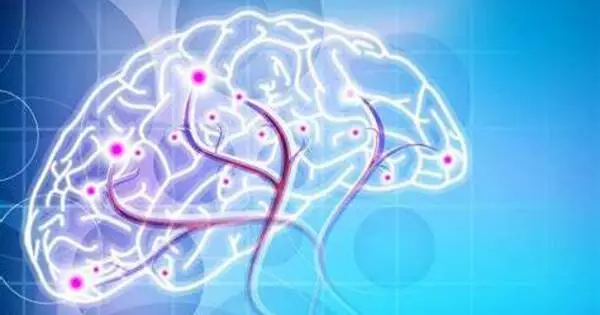Neuropsychiatry is a medical discipline that focuses on the examination, diagnosis, and treatment of people who have complex and frequently overlapping mental and neurological diseases. It is a discipline of medicine that studies psychiatry in relation to neurology in order to better understand and attribute behavior to the combination of neurobiology and social psychology elements. This branch of medicine combines parts of neurology and psychiatry to treat disorders that have both mental and neurological components.
Neuropsychiatrists are clinicians who have had specialized training in both neurology and psychiatry, allowing them to better understand and treat diseases that impact both the brain and behavior. The mind is regarded “as an emergent property of the brain” in neuropsychiatry, but other behavioral and neurological specializations may regard the two as distinct entities. Those disciplines are usually practiced independently.
Currently, neuropsychiatry is a growing subspecialty of psychiatry because it closely relates the fields of neuropsychology and behavioral neurology and attempts to use this understanding to better treat illnesses classified as both neurological and mental disorders (e.g., autism, ADHD, Tourette’s syndrome).
Neuropsychiatric conditions can include a wide range of disorders, such as:
- Neurodegenerative diseases: Conditions like Alzheimer’s disease, Parkinson’s disease, and Huntington’s disease can lead to both cognitive and psychiatric symptoms.
- Traumatic brain injury (TBI): Head injuries can result in a variety of neurological and psychological symptoms.
- Epilepsy: Seizure disorders can have behavioral and emotional effects.
- Stroke: Stroke can lead to both physical and cognitive deficits, as well as emotional disturbances.
- Autoimmune disorders: Certain autoimmune disorders, such as multiple sclerosis and systemic lupus erythematosus, can have an impact on both the neurological system and mental health.
- Movement disorders: Tourette syndrome and restless leg syndrome are examples of neuropsychiatric disorders.
- Psychiatric disorders with neurological manifestations: Some psychiatric disorders, such as bipolar disorder and schizophrenia, may have neurological components.
Neuropsychiatrists study the interaction between the neurological and psychiatric components of these illnesses in order to design treatment approaches that address both. A combination of medical, pharmaceutical, and psychological therapies may be used. The goal is to improve the overall quality of life and functioning of those suffering from complicated neuropsychiatric disorders.
















